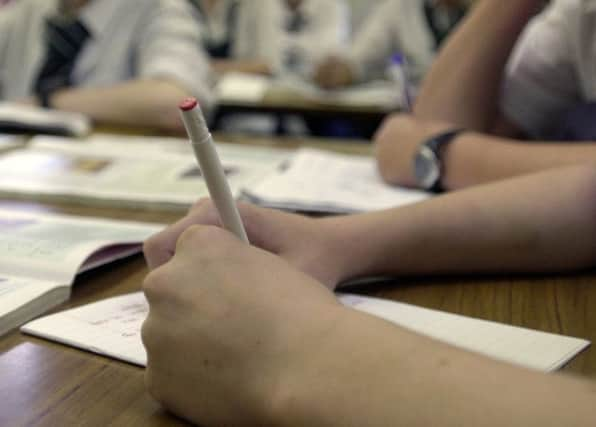Poorest children '˜two years behind peers nationally at school' says study


Even pupils who are not considered poor but live in one of the Government’s “opportunity areas” – towns and cities considered to face the most challenges in improving children’s life chances –are falling behind their peers nationally, it argues.
A £60m scheme to promote social mobility was announced by Education Secretary Justine Greening last month, focusing on six “opportunity areas” – Scarborough, Norwich, Blackpool, Derby, Oldham and West Somerset.
Advertisement
Hide AdAdvertisement
Hide AdThe initiative is expected to be widened out to other parts of the country in the coming months.
The new study, by new charity Ambition School Leadership, compared the performance of children in these areas with youngsters across England.
It found that in 2015, persistently disadvantaged youngsters in these six areas – children who are eligible for free school meals for 80 per cent of the time between the ages of 11 and 16 – were around 20.1 months behind at GCSE level compared to non-disadvantaged children